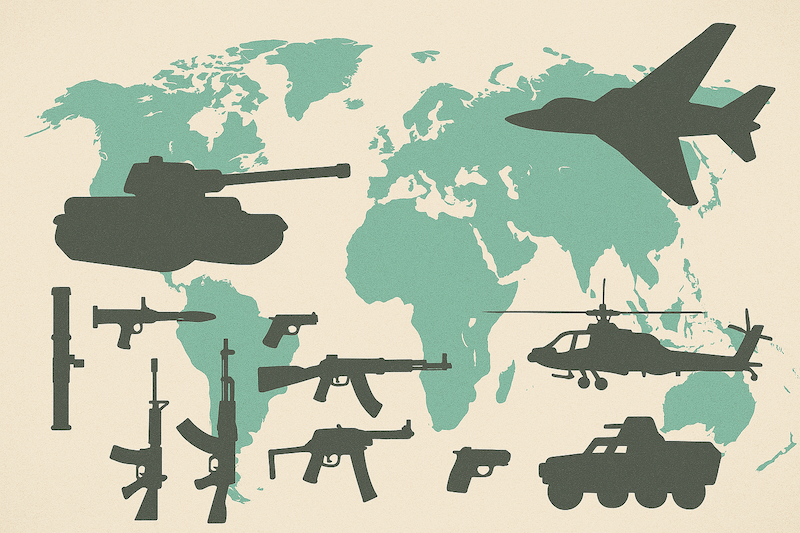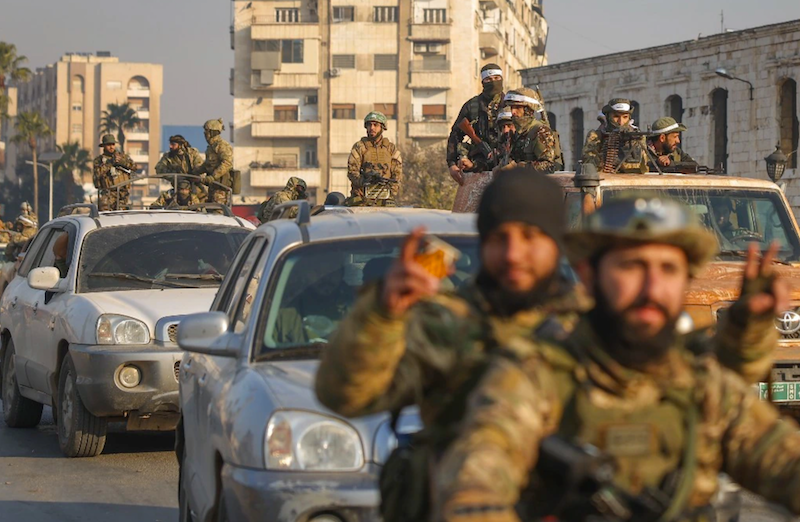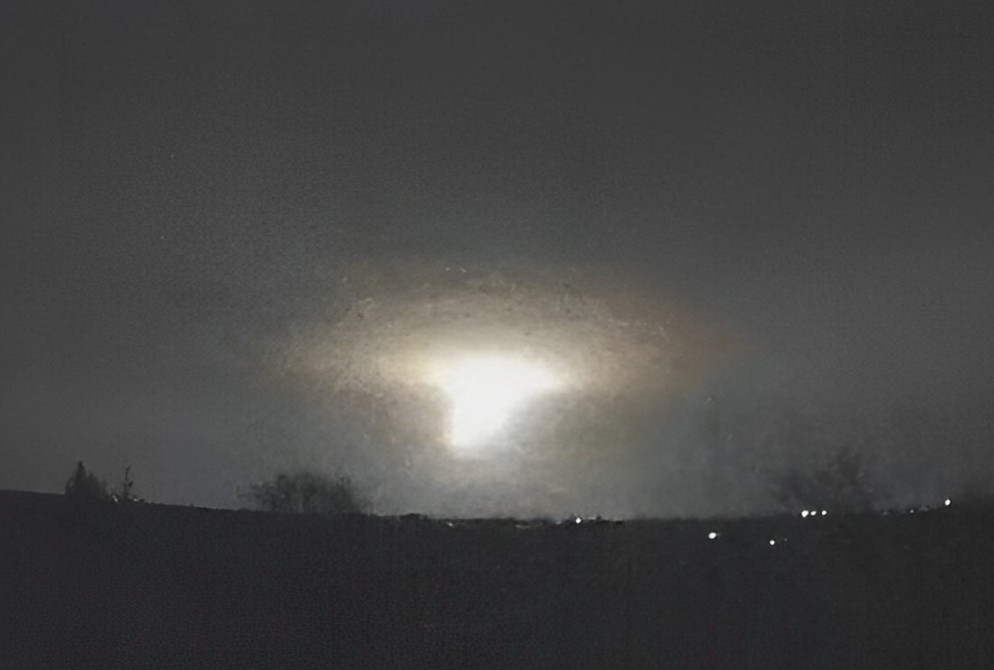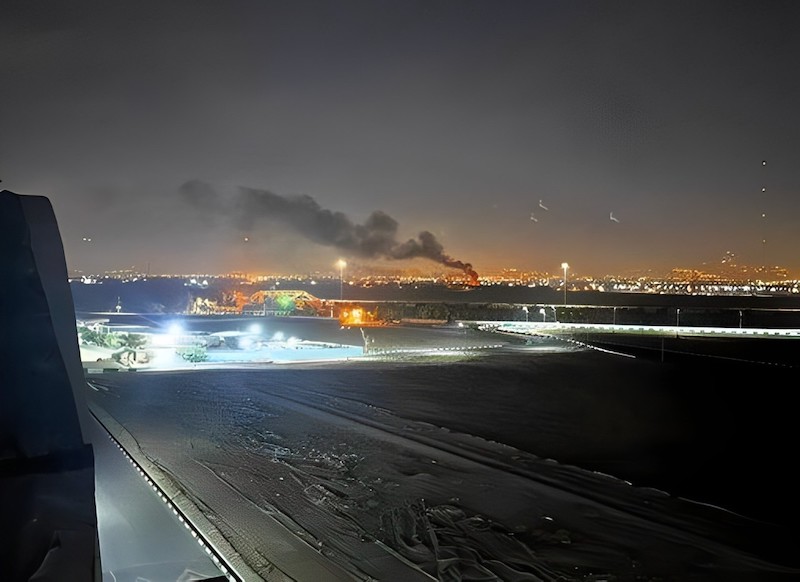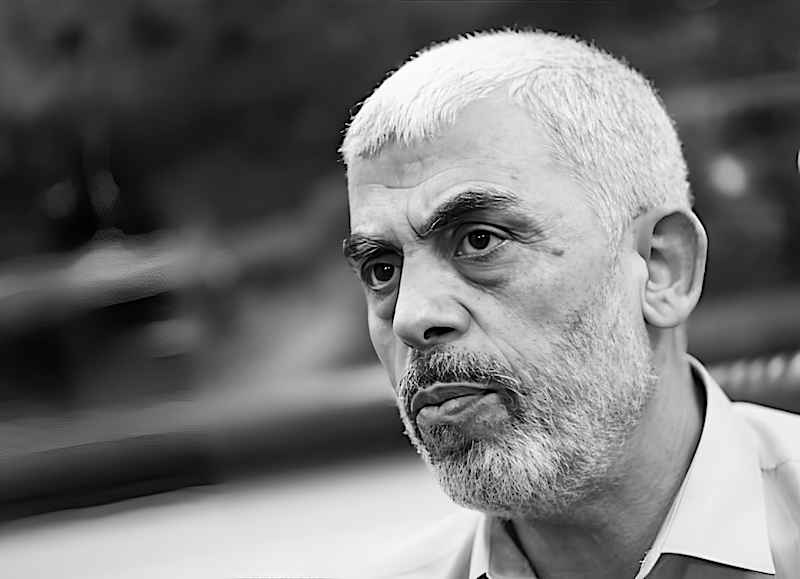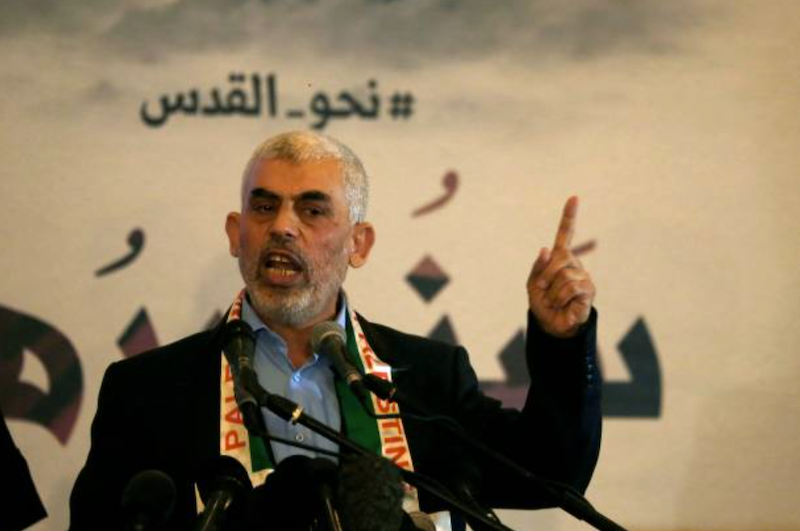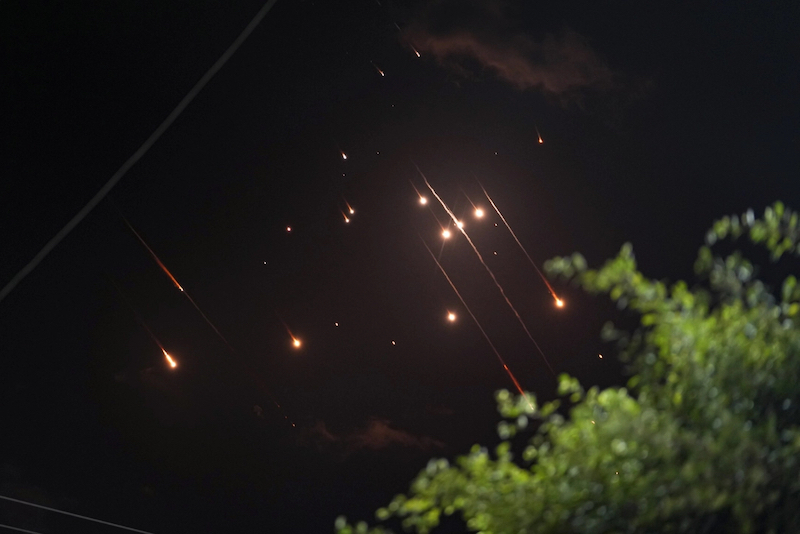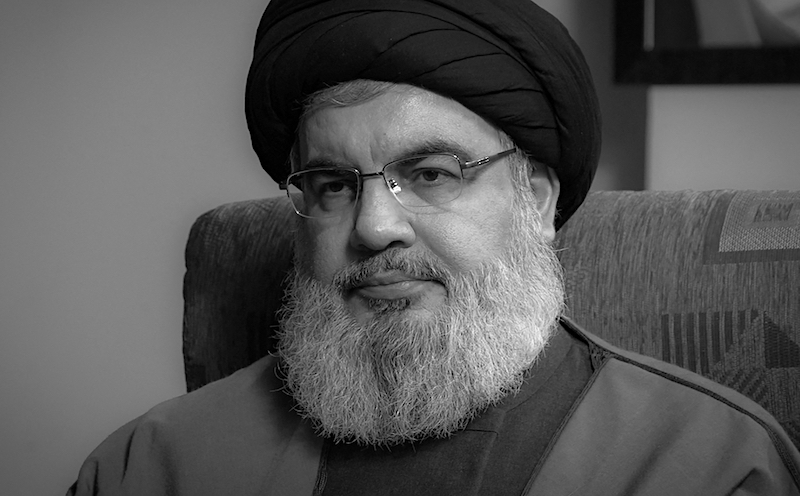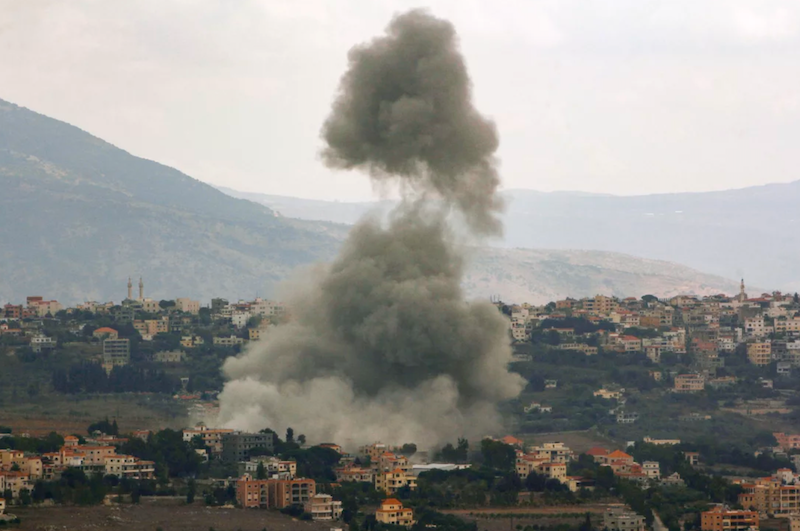 A plume of smoke seen rising after an Israeli airstrike at a village in southern Lebanon. (Photo via X)
A plume of smoke seen rising after an Israeli airstrike at a village in southern Lebanon. (Photo via X)
New Delhi: Israel’s military offensive against Hezbollah has intensified dramatically this week, with air raids on Lebanon reportedly claiming nearly 600 lives, including numerous women, children, and medical personnel. The bombardment signifies a marked escalation in hostilities between Israel and Hezbollah – the Lebanon-based predominantly Shia militia organization supported by Iran.
The strikes followed unprecedented explosions of pagers and walkie-talkies used by Hezbollah, which left dozens killed, thousands injured, and heightened regional tensions, as India Sentinels had reported.
The Israeli assault targeted Hezbollah strongholds in southern Lebanon and Beirut, with the Lebanese health ministry stating that the deceased included many civilians. The attacks form part of what Israel has termed a “new phase of war” aimed at dismantling Hezbollah’s infrastructure, which has been employed to launch rockets at northern Israeli towns.
The attacks have killed several top Hezbollah figures as well and destroyed several of their missile-launching sites.
Among the notable Hezbollah figures eliminated was Ibrahim Aqil, a high-ranking commander in the group’s elite Radwan Force, which is tasked with special operations. Aqil’s demise followed the killing of Fouad Shukur, another senior Hezbollah military figure, in a July Israeli offensive, as India Sentinels had reported.
In the lead-up to the air raids, Lebanon was shaken by the synchronized detonation of thousands of pagers and walkie-talkies (two-way radios) believed to belong to Hezbollah operatives. The devices, which Hezbollah had acquired months prior in an attempt to circumvent Israeli surveillance, exploded across Lebanon and parts of Syria,as India Sentinels had reported.
This incident, widely attributed to Israeli intelligence operations, caused widespread chaos and panic. The pager explosions, which occurred on September 17, claimed at least 12 lives, including two children, and wounded nearly 3,000 others.
The following day, a second wave of explosions from two-way radios killed dozens and injured hundreds more, as Israel appeared to intensify its efforts to disrupt Hezbollah’s communication networks. These blasts drew international condemnation, particularly from Iran, which labelled the attacks as “terrorism” and held Israel responsible for the deaths of Lebanese civilians.
Hezbollah retaliated by launching a series of rockets at Israeli military positions in northern Israel, raising fears of a broader regional conflict. This tit-for-tat escalation has been ongoing since the start of the Gaza war, on October 7, with Hezbollah firing daily rockets and Israel responding with artillery and air raids. Both sides have suffered casualties, with Hezbollah acknowledging the deaths of over 400 fighters during the clashes, so far, while Israeli casualties have included soldiers and civilians.
The recent Israeli air raids, however, represent the deadliest single-day toll since hostilities resumed, with nearly 600 fatalities reported. Medical teams in Lebanon have struggled to reach the wounded, as ongoing bombardments rendered certain areas inaccessible. Hospitals in Beirut and southern Lebanon have been overwhelmed by the influx of casualties, including many medical personnel who were injured or killed while responding to the disaster.
The United Nations has called for an urgent ceasefire and is scheduled to hold a security council meeting to address the escalating violence. Meanwhile, civilians in northern Israel and southern Lebanon continue to flee, as both sides show no sign of de-escalation.
Israel has vowed to continue its military campaign until Hezbollah is neutralized and displaced Israelis from the north of the country are back in their homes. At the same time, Hezbollah has pledged further retaliation for the bombing of civilian areas. This has pushed the Middle East into the brink of regional war, with neither side showing any sign of backing down.

